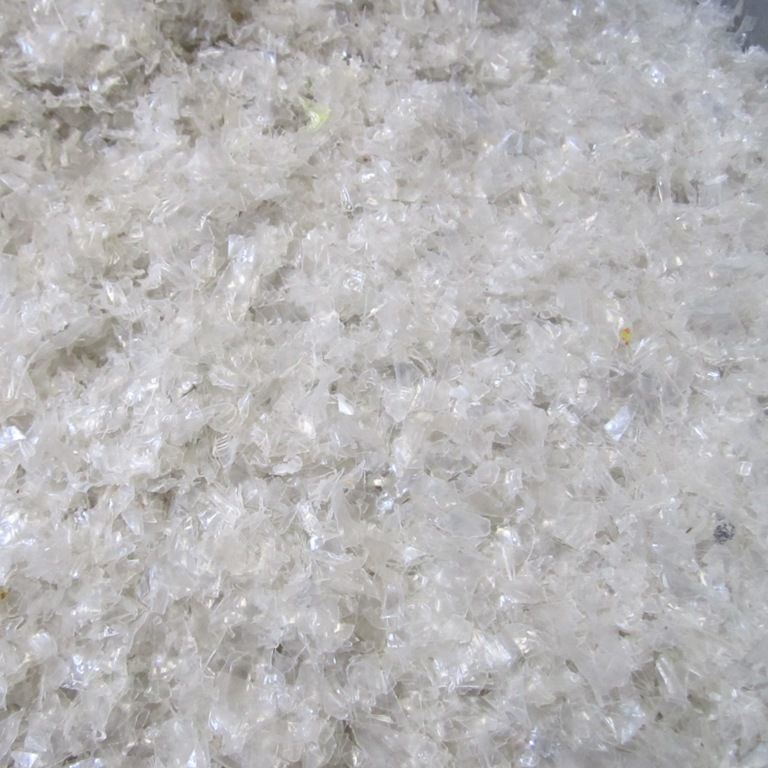
PET Bottles Flakes
Product Name: PET Bottle Flakes
Material Type: Polyethylene Terephthalate (PET)
Form: Hot washed, cold washed, or unwashed flakes (based on customer requirements)
Color: Clear, light blue, green, or mixed (as per order specifications)
Origin: Germany
Purity: 98% – 100% PET content (free from PVC, metals, and other contaminants)
Size of Flakes: 8 mm – 12 mm (customizable)
Intrinsic Viscosity (IV): 0.70 – 0.85 dL/g (depending on use)
Moisture Content: Less than 1%
PVC Content: Less than 100 ppm
Melting Point: 250°C – 260°C
Packaging: Jumbo bags, 25 kg sacks, or bulk (as per customer preference)
Contaminants: Free from paper, metals, and hazardous materials
Recyclability: 100% recyclable for food-grade and industrial applications
Environmental Compliance: Processed under Germany’s strict environmental and recycling regulations
Certification: In compliance with international standards (FDA, EU, and REACH upon request)
Description
PET Bottle Flakes are produced from recycled Polyethylene Terephthalate (PET) bottles that have been cleaned, sorted, and processed into uniform flakes. The recycling process includes label removal, washing, and grinding to ensure high purity and consistency. Known for their strength, transparency, and chemical resistance, PET flakes are ideal for use in a variety of industries. Sourced from Germany, these flakes meet strict quality and environmental standards, making them suitable for both food-grade and industrial applications, depending on customer requirements.
Application:
PET Bottle Flakes are widely used across multiple industries due to their versatility, durability, and recyclability:
- Textile Industry: Recycled into polyester fibers for clothing, carpets, upholstery, and non-woven fabrics.
- Packaging Industry: Used in the production of new PET bottles, containers, and food-grade packaging (if FDA-approved).
- Plastic Sheet & Film Production: Transformed into sheets, films, and thermoformed trays.
- Construction Materials: Incorporated into insulation products, panels, and composite materials.
- Automotive Industry: Utilized in the production of seat fabrics, carpets, and interior components.
- 3D Printing: Processed into PETG filaments for use in 3D printing applications.
- Consumer Goods: Converted into shopping bags, kitchenware, and other plastic items.
- Recycling Industry: Supports sustainable manufacturing by reducing plastic waste and promoting circular economy practices.
